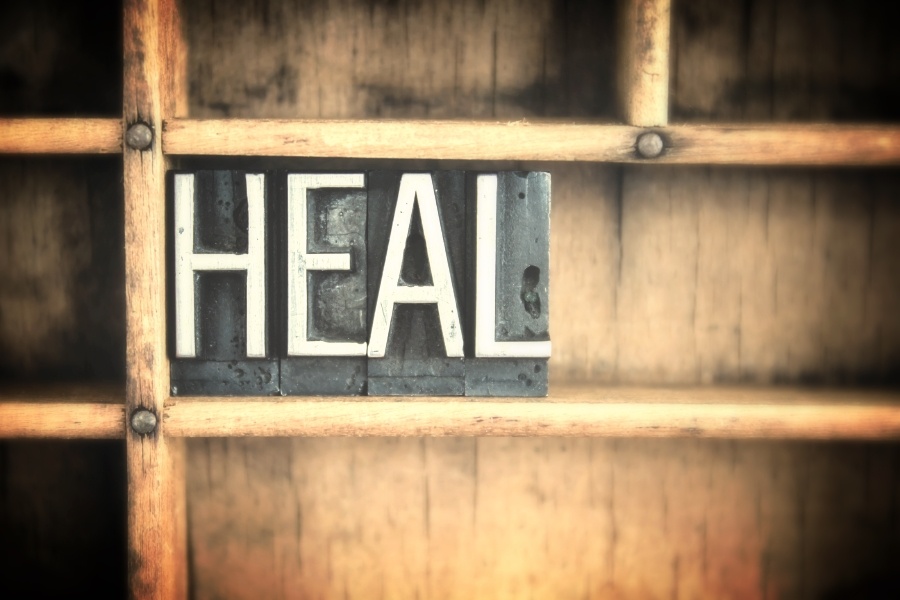
In Traditional Chinese Medicine School, you will learn much more than you would expect. Because Chinese medicine and acupuncture has been in existence for many centuries and has manifested itself in varying cultures, the styles and theories are endless. This, among other reasons, is why I chose to go to TCM School. I wanted to be able to tailor treatments to my patient’s needs, in addition to consulting them as a holistic health care practitioner. With my education, license and degree, Not only can I give patients varying forms of treatments such as acupuncture and herbs, I can also consult them regarding lifestyle and nutritional modifications. At AOMA especially, you will be exposed to a myriad of theories and protocols. You will graduate with so many tools under your belt to chose and hone. As such, it was quite difficult to narrow it down to 5 things you will learn in TCM School. After much thought and consulting my constituents, here is what we have to say:
1) Acupuncture is an Art Form
There is no such thing as a perfect point prescription. Of course, there are certain points and combinations that are clinically effective. But whether you decide to use a certain point or not, guasha versus cupping, e-stim, or moxibustion, depends not only upon how you view your patients’ syndrome pattern (to what you attribute their symptoms) but also modalities that you resonate with the most and have had the most therapeutic success. You see, there is no “right” treatment. The only common factor that should exist from practitioner to practitioner is the patients’ differentiation (and this is sometimes up for debate, too). In TCM School you will learn various modalities from various practitioners and parts of the world. In the end, it is up to you to chose your focus and ultimately create a unique set of tools that fit you and your patients. The art form is a reminder that each patient you see, even if the complaints are identical, will need to be treated as their own unique piece of artwork. No two are the same!
2) How to Confront Ego
Along with the varying forms of acupuncture and TCM modalities, inevitably comes ego. Because there is room for a variation of methods when treating a syndrome, and varying forms of success between patients, it is common to feel confused, defensive, or disgruntled when comparing treatment strategies with other practitioners. It is fortunate that as TCM practitioners we do not slap a pill on top of a symptom, but rather view the patient holistically and treat the root cause through various methods. However, it is simultaneously unfortunate how the ego can sometimes lead one to find oneself in an uncomfortable conversation or even argument. In the end, it’s about the acupuncture. It’s about the patient, not the practitioner. TCM School teaches you how to be confident with your own mind and toolbox, while simultaneously respecting that of others.
3) The Importance of Emotions
A lot of us know that stress can make you sick. But it is one factor that is often overlooked when considering the etiology of diseases such as environmental factors, diet, lifestyle, and genetic risk. In TCM School, you will learn that individual emotions correspond with their respective organs. For example, grief correlates with the lung organ and stress or anger correlates with the liver organ. In TCM theory, when one organ becomes overactive with its respective emotion, it can become more vulnerable to external pathogens, decline in function, and even affect other organs. This also relates to western perspectives. The more stressed we are, the larger amounts of cortisol we release, and this in turn affects other hormone levels (and the brain and immune system) resulting in higher risk of developing diseases like diabetes, hypertension, allergies, and depression.
4) Western Medicine is Useful but Can Fail Your Patients
Clinically, biomedicine can often supplement TCM theories wonderfully. More importantly, it allows you to gain an even larger perspective of your patient’s health. In our graduate program at AOMA, about one-third of the courses are biomedicine. You will learn to take vitals, perform physical assessments, read labs, and become familiar with prescription drugs. All of these tools become critical when assessing your patient’s healthcare needs. This is what is incredibly useful about western/biomedicine. However, what you will inevitably encounter in clinic are patients who have been neglected by their primary care. In many settings, the conventional and current medical system has evolved into a quantity rather than quality-based model. Therefore, because we have considerably more time with our patients and the aforementioned biomedical education, we can educate our patients about their diagnosis, labs, and prescriptions so they can discuss any questions or modifications with their primary care. It is our role, as holistic healthcare providers, to educate and give patients autonomy so they can take control of their health. We are also trained to spot red-flags that need immediate referral.
5) Inevitable Personal Transformation
When you first start as a student at AOMA, it is very exciting. You are making new friends and establishing connections, as well as learning the foundations of Chinese medicine. I only started school about two years ago and have already made large personal transformations, and so have all of my peers. This program immerses you in an environment that challenges and rewards you socially, mentally, and emotionally. Just wait until you start internship in clinic! That is when the real transformations begin. As a student at AOMA, be prepared to dig deep into yourself and find an even deeper meaning of what it means to be you, both as a person and TCM practitioner.




